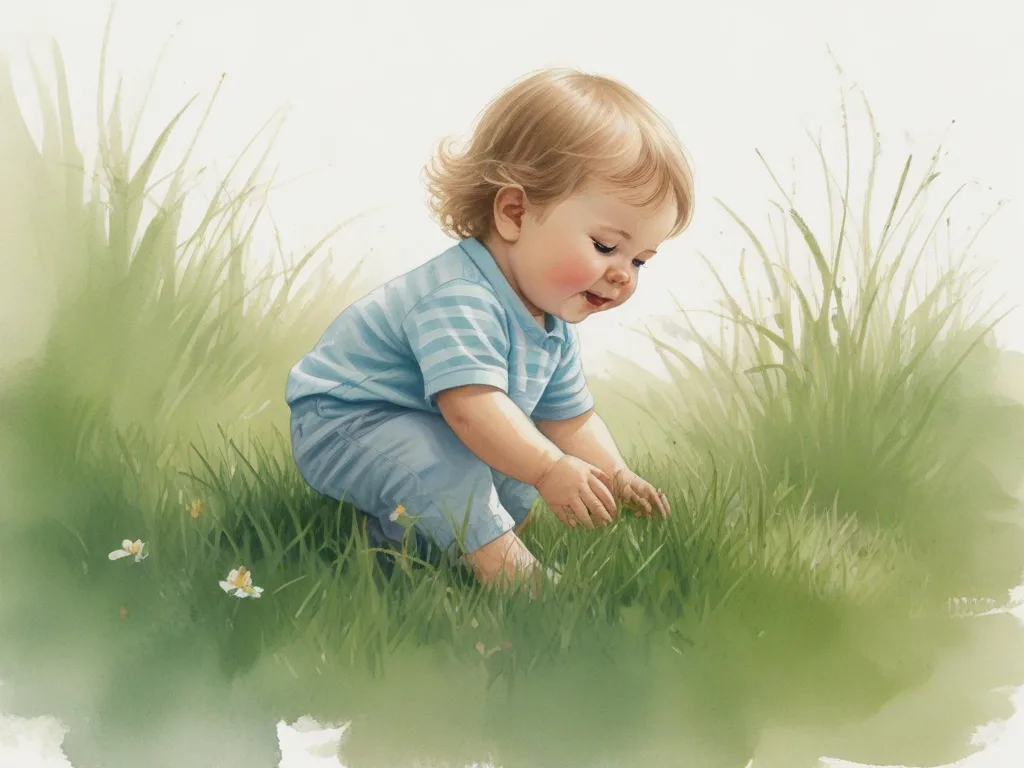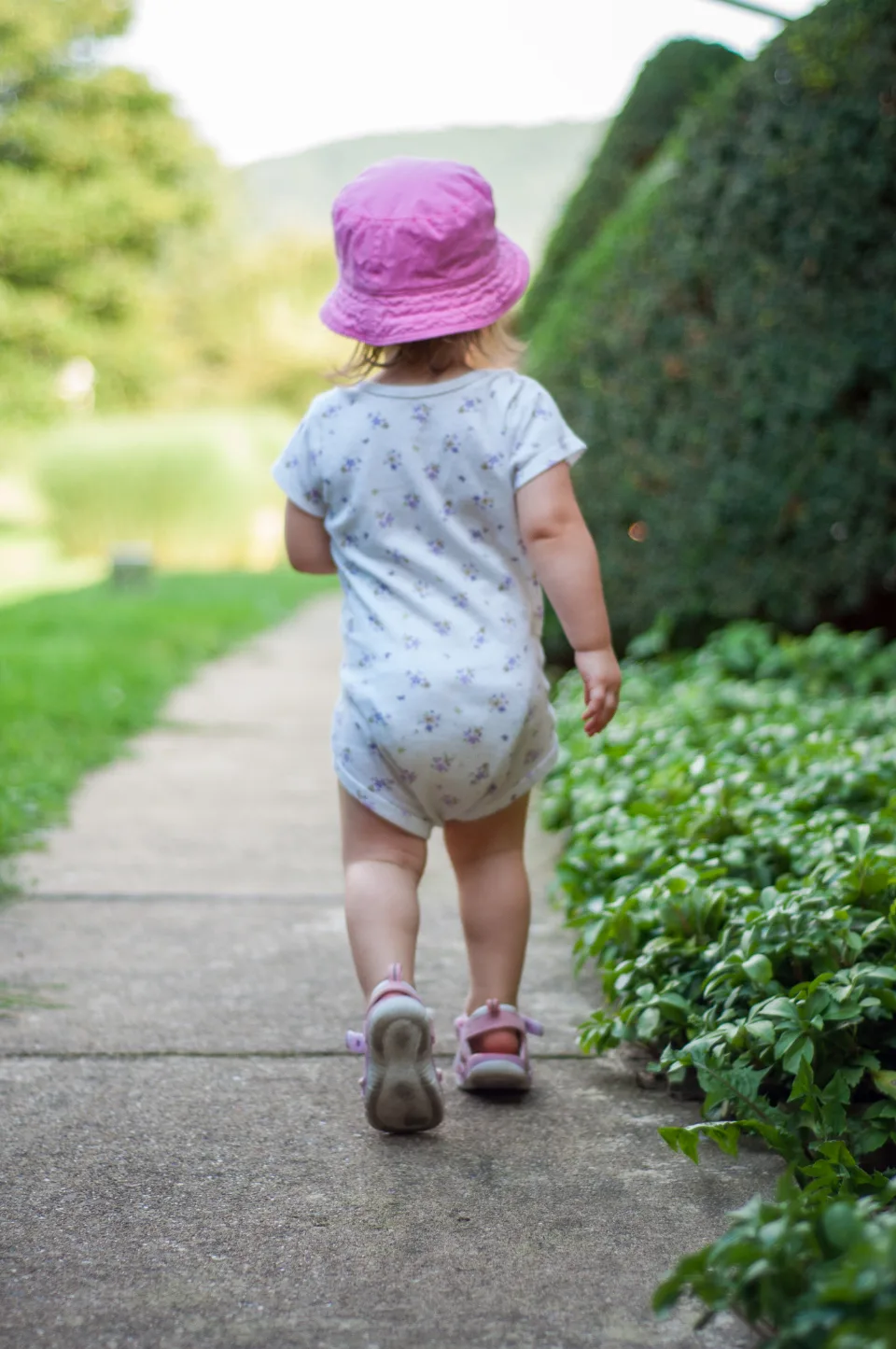Introduction: The Crucial Role of Play in Child Development Play is not merely a source of amusement for children; it is an essential component of their overall development. Through play, children explore their world, experiment with new ideas, and acquire crucial skills across various domains. Engaging in playful activities fosters physical growth and coordination, ignites cognitive curiosity and problem-solving abilities, and nurtures social and emotional intelligence. From the earliest stages of infancy to the cusp of childhood, play serves as a powerful engine driving holistic development. In the initial months, playful interactions like peekaboo and gentle bouncing stimulate sensory pathways and lay the foundation for motor skills. As babies transition into toddlers, play takes on new forms, with exploration and object manipulation taking center stage. Building towers, stacking cups, and engaging with toys of various textures all contribute to cognitive growth and fine motor development. As children enter the preschool years, the power of play becomes even more evident. Pretend play flourishes, allowing children to step into different roles, experiment with social interactions, and develop their emotional understanding. Building forts, creating imaginary worlds, and engaging in collaborative games all contribute to social competence, emotional regulation, and creative expression. This article delves into the world of play, offering parents and caregivers a diverse range of age-appropriate activities to support their child’s development at every stage. From simple sensory experiences for newborns to imaginative games for toddlers and preschoolers, the following sections provide a roadmap for harnessing the power of play to nurture well-rounded, thriving children. “Bird baby toy“/ CC0 1.0 Play Activities by Developmental Stage: A Guide for Parents and Caregivers Understanding how play evolves alongside a child’s developmental milestones is crucial for providing ageappropriate activities that optimize their learning and growth. This section delves into specific play ideas tailored to different stages, drawing upon expert insights and research-backed practices. A. Newborn to 6 Months: Sensory Exploration and Motor Development During this early stage, infants primarily learn through their senses and motor experiences. Play activities should focus on stimulating their vision, hearing, touch, and movement. Tummy Time: Placing babies on their stomachs while awake helps strengthen neck and back muscles, crucial for future motor skills. Enhance tummy time by placing colorful toys within reach or engaging in playful interactions like singing and talking. Sensory Play: Introduce a variety of textures through safe objects like soft fabrics, textured balls, and rattles. This stimulates tactile development and encourages exploration. Simple Mobiles and High-Contrast Images: Black and white mobiles or images with contrasting colors capture infants’ attention and promote visual development. Singing and Talking: Regularly engage in conversations and sing songs to your baby. This exposes them to language and fosters early communication skills. Gentle Movement: Rocking, bouncing, and swaying provide vestibular stimulation, which contributes to balance and coordination. B. 6 to 12 Months: Object Manipulation and Cause-and-Effect Learning As babies gain more control over their movements, they become increasingly curious about exploring their environment and manipulating objects. Interactive Games: Peekaboo, patacake, and other interactive games delight babies and encourage social interaction and object permanence understanding. Stacking and Nesting: Provide cups, blocks, or nesting toys to encourage problem-solving skills and hand-eye coordination. Ball Play: Rolling, throwing, and bouncing balls of different sizes and textures enhance motor skills and introduce concepts like cause and effect. Exploring Safe Household Objects: Allow babies to safely explore everyday items like wooden spoons, plastic containers, and cardboard boxes. This stimulates their curiosity and encourages creativity. Crawling Obstacle Courses: Create safe obstacle courses with pillows, blankets, and tunnels to encourage crawling and motor development. C. 12 to 18 Months: Language Development and Pretend Play Language skills blossom during this stage, and pretend play begins to emerge. Reading and Pointing: Regularly read books to your child, pointing to pictures and naming objects. This builds vocabulary and fosters a love of reading. Building and Stacking: Provide blocks, Legos, or other construction materials to encourage creativity and problem-solving skills. Playing with Dolls and Stuffed Animals: Encourage pretend play by providing dolls, stuffed animals, and other props. This allows children to act out scenarios and explore emotions. Simple Pretend Play: Engage in simple pretend play scenarios with your child, such as pretending to feed a doll or talk on the phone. Music and Movement: Sing songs, dance to music, and encourage your child to move their body. This promotes coordination, rhythm, and self-expression. D. 18 Months to 2 Years: Social Interaction and Problem-Solving Social interaction and problem-solving skills take center stage during this period.










